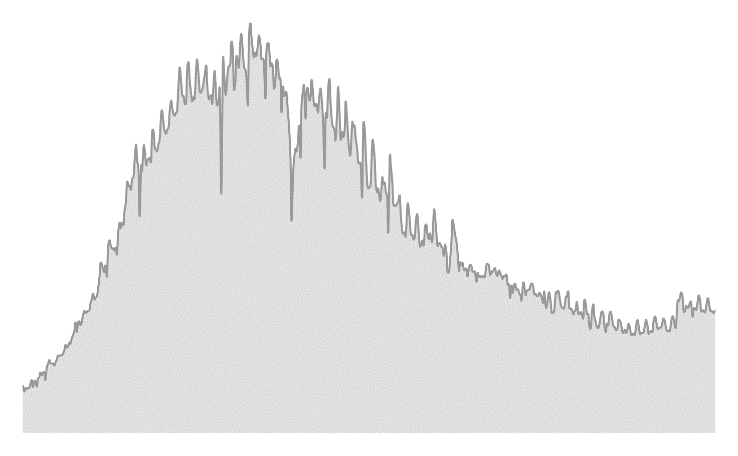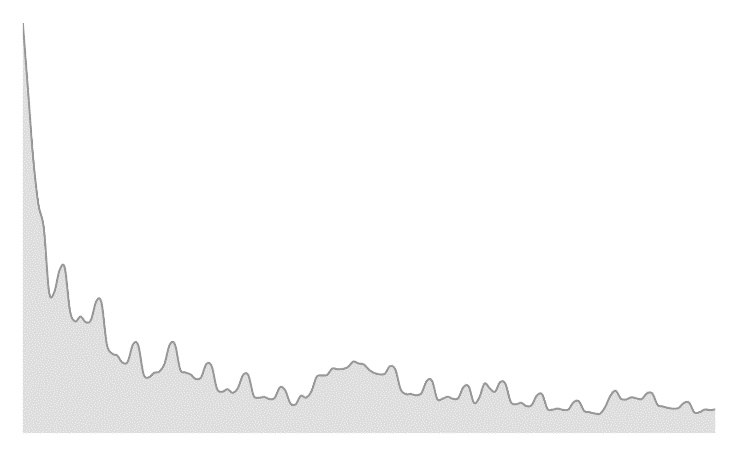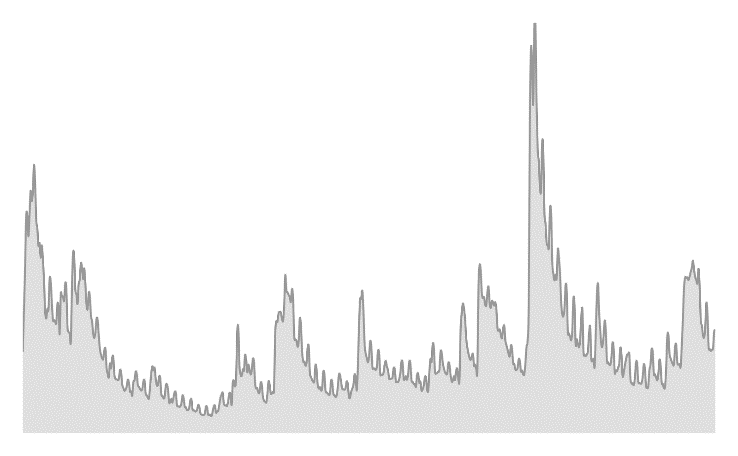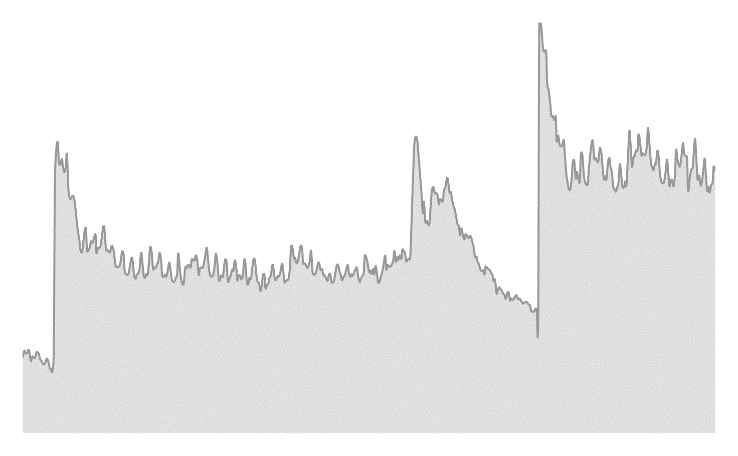By integrating with Twitch, game developers can:
Aquire new users
by creating influencer campaigns, cross-promotional incentives, utilizing Twitch Prime, game launches for pre-orders, and more.
Create new engaging experiences
for the Twitch viewers and streamers by extending the game play and turn viewers into active participants in the game.
Retain users by creating a watch/play loop
by driving players to watch your game on Twitch and incentivize viewers to go back to the game.
Help your influencers and brand monetize
by selling merchandise, in-game-items, and other benefits on Twitch.
Game Developer Playbook Overview
The Twitch for Game Developers playbook is designed to give producers, developers and marketing leads working on different types of games the actionable next steps to integrate Twitch into different stages of a game’s lifecycle including:
A strategy for growing hours watched and revenue on Twitch with Extensions, Bounty Board, and Twitch Prime.
Steps to increase pre-orders of games through beta campaigns, launch campaigns complete with major trade show announcements, and interactive announce Extensions.
A strategy to re-engage lapsed players and re-engage players for live services with Twitch Prime, Extensions, Drops, and esports events.
Ways to turn viewers on Twitch into payers using Extensions, Drops, and Twitch Prime.
Game Types Overview
Games generally fall into one of these four segments, where the graphs show Daily Active Users on Steam:
Emergent Live Games
Concentrated Launches
Emergent live games games tend to gradually grow in popularity. Most of Twitch’s biggest titles are emergent live games. Examples include PUBG, CS:GO, Rainbow Six Siege, and League of Legends.
Concentrated launches drive the bulk of sales narrowly around launch, reheating sales later in a game’s lifecycle. Example titles include Spider Man, Kingdom Come Deliverance, and Just Cause 3.
Successful Indie Games
Annual Franchises
Successful indie games sales grow after launch, but traffic is less consistent than annual franchises or emergent live games. Examples include Dead Cells, Super Meat Boy, and Braid.
Annual franchises tend to have both major launches and live service features to sustain play. Examples include NBA2K, FIFA, Madden, Battlefield, and Call Of Duty.
Game Phases & High-level Recommendations
Most games are built in a stage-gated process with up to eight gates, which are distilled into three major phases here:
Phase 1 – Development. This phase encompasses everything from pre-production through first production, production, and alpha. Games that are in development are usually unannounced. We recommend that games in development integrate core, foundational Twitch features to help drive and engage new users.
Phase 2 – The Road to Launch & Launch. The road to launch includes announcement and beta. Launch includes the launch event itself and the first month after launch. In the road to launch and launch, games concentrate on building a great product, generating awareness in their game, and on acquiring users. We recommend that during this phase, games work with Twitch to promote their game to acquire new users.
Phase 3 – Live Games. Twitch’s largest and most watched games are live games; nine out of 10 top titles on Twitch in 2018 were released before 2018. Twitch has a set of programs to help publishers acquire new users, re-engage lapsed users, and retain them in game.








